Breastfeeding can sometimes be difficult, especially in the first few days, the baby and the mother have to find their feet. The best thing to do is to trust yourself and listen to yourself. After a few weeks you will feel more comfortable. However, if this is not the case, you can always contact a lactation consultant. To promote breastfeeding, you can also rely on certain plants which have proven effective.
First of all, it is important to remember that breastfeeding is a choice, each mother is free to breastfeed or not.
No preparation is necessary during pregnancy. However, if you wish, you can inform yourself through books, information sessions or even meet women who are breastfeeding. Your body is magical, it prepares itself naturally during pregnancy.
The benefits of breastfeeding
The benefits of breastfeeding are numerous for both the baby and the mother.
The benefits for children are:
- Immunity Support
- Establishment of appropriate intestinal flora
- Optimized digestion
- Better resistance to ENT infections, allergies and certain cancers in adulthood
The benefits for the mother are:
- A longer period of amenorrhea
- Reduction of postpartum infections, hemorrhages, risks of certain non-hereditary cancers, certain ovarian and cervical cancers
Plants for breastfeeding
Several plants are beneficial for promoting breastfeeding and particularly lactation. In this article, we have selected 4 plants recognized since the dawn of time for their benefits mainly on lactation but also for digestion and the serene state of mother and baby. Here they are: caraway, fennel, anise and verbena.
The part of the plant used for caraway, fennel and anise is the seed while it is the leaves for verbena in order to obtain all the benefits.
Caraway
Originally from Asia, caraway or meadow anise is one of the oldest spices. In fact, its existence dates back to prehistory! It is one of the plants favored in the royal domains by Charlemagne for the therapeutic virtues of its seeds.
Caraway contributes to the production of breast milk. It fights against digestive disorders (bloating, etc.) and is antispasmodic (cramps, pain, etc.).
To summarize, caraway is:
- Stimulating;
- Antispasmodic;
- Carminative (stimulates salivary and gastric secretions as well as intestinal mobility);
- A sedative for infant colic.
Fennel
It has been used since Antiquity for its medicinal properties by the Chinese, Egyptians, Greeks and even the Romans. Fennel is considered the king of digestion. In fact, it helps relieve almost all ailments related to the digestive system: nausea, swelling, bloating, dyspepsia, etc.
Fennel contributes to the production of breast milk, it fights against digestive disorders and is an antispasmodic.
To summarize, fennel is:
- Anti-inflammatory;
- Rich in fiber;
- Diuretic;
- Promotes lactation;
- A sedative for infant colic.
anise
Anise has been cultivated for centuries in Egypt and Greece, particularly for its digestive properties. In France, Charlemagne consumed anise-based drinks for its digestive properties. It is ideal after a big meal.
Anise also fights against digestive disorders such as bloating, etc.
To summarize, anise is:
- Antispasmodic;
- Galactogen (acts on the production of breast milk);
- A sedative for infant colic.
Verbena
Verbena was one of the sacred plants of Gaul. It was also used to make love filters. It is one of the emblems of Puy en Velay where it is often found in the form of herbal teas or even verbena liqueurs.
Verbena is known for its soothing and calming properties.
To summarize, verbena:
- Soothes tensions;
- Promotes digestion;
- Promotes digestion.
These 4 plants can be taken in the form of infusions. Hydration is very important during the breastfeeding period; it is recommended to drink 1.5 liters of water per day to promote lactation.
Bach Flowers for breastfeeding
Breastfeeding is a period when our emotions can be upset, Bach Flowers and in particular some can accompany the mother during this period. Two Bach Flowers are particularly suitable for this: Larch and Red Chestnut.
Bach Flower No. 19 - Larch
This Flower is aimed at mothers who think that they don't have the shoulders and that they do less well than others. Thanks to Larch, they will find self-confidence, courage and intuition in their new role as mothers.
Bach Flower No. 25 - Red Chestnut
Do you tend to worry about your baby and forget about yourself? Then Red Chestnut is ideal for you! It allows you to regain confidence and serenity in the future for your baby but also for yourself.
Sources
- https://naitreetgrandir.com/fr/etape/0_12_mois/alimentation/fiche.aspx?doc=naitre-grandir-bebe-nourrir-alimentation
- https://www.infor-alimentation.be/conseils-pratiques-pour-allaiser

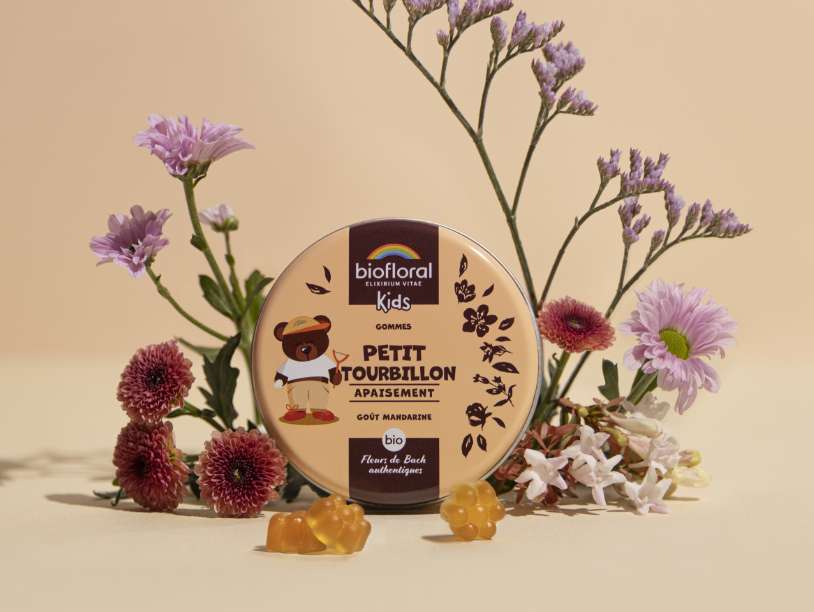
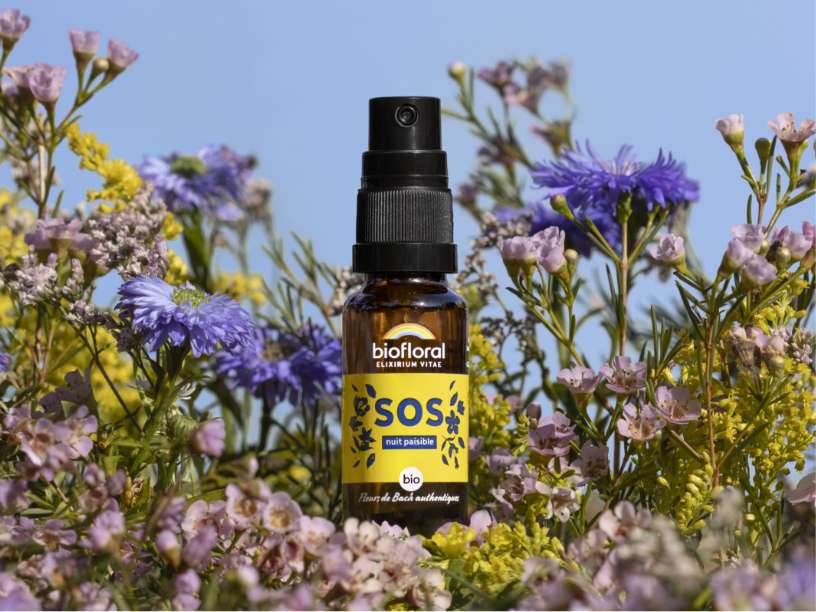
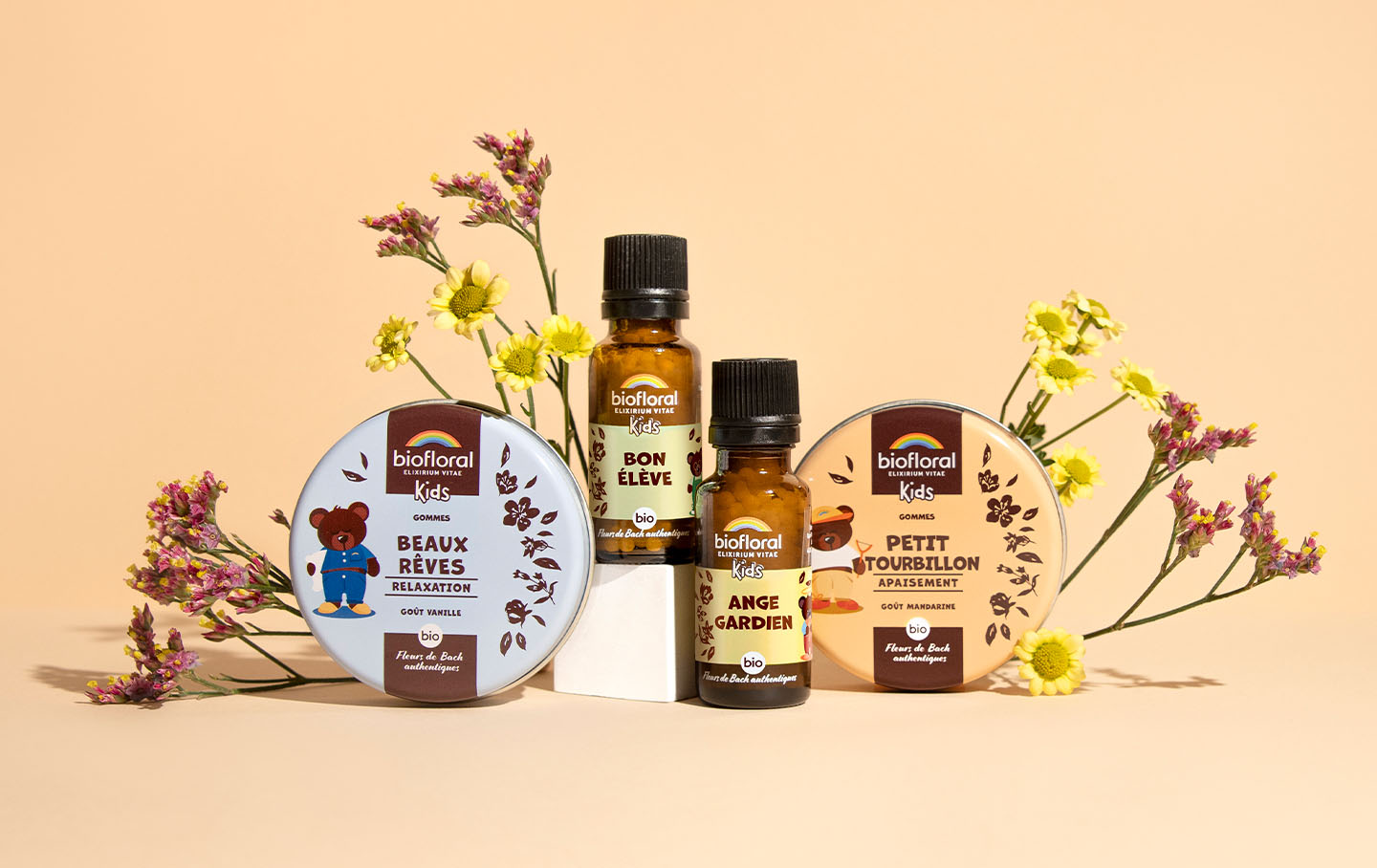
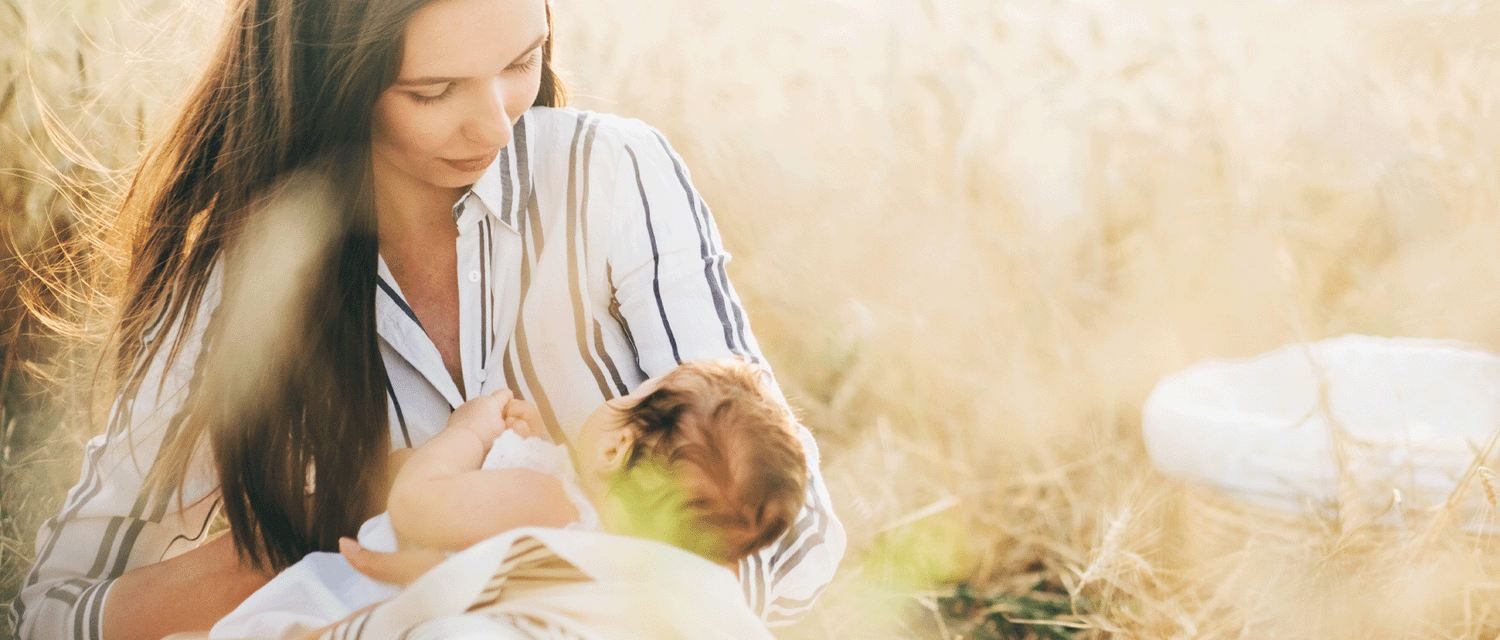




Leave a comment